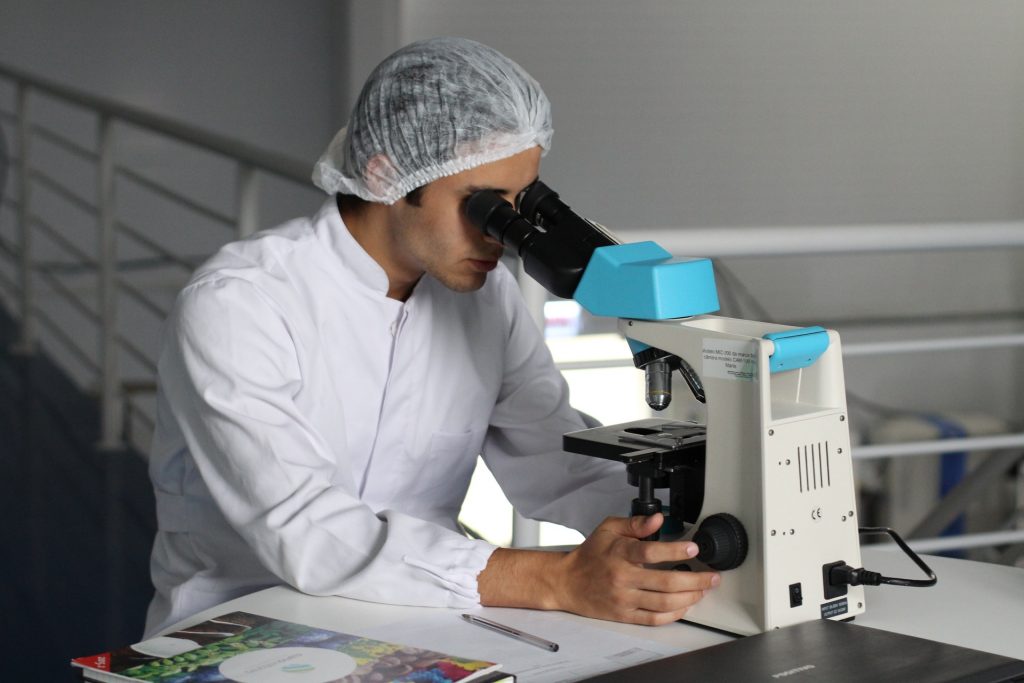Biology is one of the most diverse and exciting fields. Every year brings about a new discovery about the human body or new treatments for chronic diseases.
For biologists and laboratory assistants to perform their daily work, they require a large range of different equipment. High-tech instruments enable lab workers to visualize tissue samples, observe cell cultures, and mix solutions easily and accurately.
Working with high-quality equipment ensures that biologists can obtain accurate results that are free of errors. This is essential when live samples are being analyzed and diagnoses are being made.
Accurate results mean that reliable reports can be created and the correct treatments can be administered to patients. To increase precision and accuracy, automated machinery is often used.
Here are four important pieces of equipment that are used in biology labs on a day-to-day basis.

Contents
Pipettes and Mixing Machines
Pipettes are glass or plastic tubes that are used to transfer liquids from one place to another, such as in dilutions and DNA testing. Different sized pipettes hold varying volumes of liquid, which is denoted on the pipette itself.
Pipetting machinery can be used to automate the mixing process. Automated pipetting equipment uses a Synchronous Motor to intermittently rotate the machine by a precise degree.
Automating the pipetting process can significantly decrease labor hours and error risks. Staff can perform more complex tasks while the mixing and dilution of substances are taken care of by motorized machines.
Weighing Scales
Samples and liquids are often weighed in biology laboratories to determine starting weights and changes in mass during an experiment.
Most weighing scales are electronically powered to provide precise measurements that can be easily compared to one another. Depending on the size of the weighing scales, there will be a maximum weight capacity.
Personal Protective Equipment (PPE)
Safety is always a top priority in any biology lab. Workers may handle strong acids, irritating chemicals, and dangerous micro-organisms on a daily basis so they need to be well-protected.
Personal protective equipment (PPE) provides lab workers with the maximum level of safety when working with potentially harmful substances and samples. If there are any spillages or splashes, the hands, face, and eyes must be covered to prevent damage.
PPE may include tightly-fitting latex gloves, protective goggles, and long lab coats. In a high-risk environment, full-body PPE might be required.
Thermometers
The temperature of biological samples must be kept within a specific range to ensure the cells can grow and also to prevent microorganisms from contaminating the samples.
Thermometers can determine the current temperature of samples and solutions with high precision and accuracy so that lab workers can obtain accurate results. They are multiple types of thermometers and several of them may be used in a biology lab.
For example, traditional mercury thermometers can be placed in water baths to monitor the temperature of test tube samples. Electronic thermometers can be placed in incubators or freezers to provide accurate feedback on the temperature inside the equipment.
The Daily Buzz combines the pursuit of interesting and intriguing facts with the innate human desire to rank and list things. From stereotypical cat pictures to crazy facts about the universe, every thing is designed to help you kill time in the most efficient manner, all while giving you something to either laugh at or think about!
